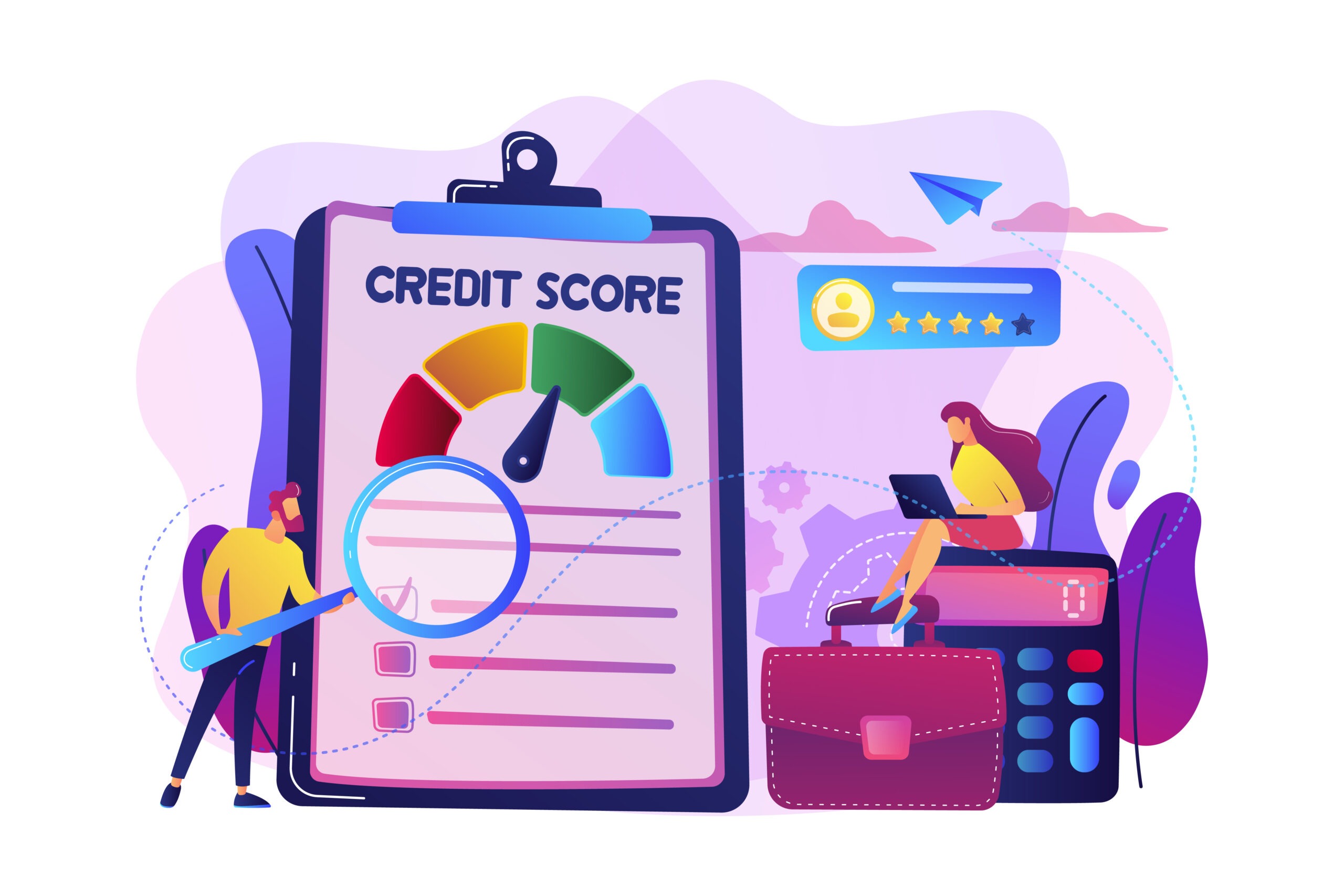If you’ve ever applied for a loan or a credit card, you’ve probably heard the term credit score. It’s that three-digit number lenders look at to decide whether you’re a trustworthy borrower. But here’s the problem — credit scores are wrapped in myths, half-truths, and even WhatsApp forwards that mislead people.
Your credit score can mean the difference between whether you’ll be approved for a home loan, the interest rate you’ll be paying, and even your eligibility for that top-of-the-line credit card you’ve been coveting. And yet, most of us don’t actually know how it works. Let’s cut through the haze and divide myths from reality.
MYTH #1: Checking your credit score will decrease it
FACT: This is the most prevalent myth. When you query your credit score, it’s referred to as a soft inquiry, and it doesn’t impact your score at all. What hurts your score is a hard inquiry — such as when a lender does this when they process your loan or card application.
✅ Tip: Check your credit report regularly to keep track of errors or suspicious activity without fear of losing points.
MYTH #2: No credit indicates a good score
FACT: No credit history doesn’t necessarily equate to a good credit score. In fact, it may mean you don’t have one at all. Lenders tend to see it as risky to give loans to those without a credit history because they have no history of repayment.
✅ Tip: If you’re new to credit, start small — maybe with a secured credit card or a consumer durable loan — and build a history.
MYTH #3: Closing old credit cards boosts your score
FACT: Closing your oldest credit card actually can be detrimental to your credit score. Why? Because the age of your credit history is one of the determining factors in your score. The longer you’ve had a clean account, the more it benefits you in the eyes of lenders.
✅ Tip: If you’re not using an old card, make it active with periodic minor purchases rather than closing it down.
MYTH #4: A high income always ensures a high credit score
FACT: Your credit score is in no way related to your salary. You may earn ₹2 lakh per month but have a bad score if you do not maintain your credit responsibly. Conversely, a person with a low income but on-time repayments can have a good score.
✅ Tip: Prioritize paying bills on time, keeping credit utilization low, and debt handling wisely.
MYTH #5: Minimum payment suffices to keep your score healthy
FACT: Simply paying the minimum on your credit card does not cut it. Interest accrues on the unpaid balance, and high utilization works against you, bringing your score down. Lenders view this as financial pressure.
✅ Tip: Pay your bills in full whenever possible. If not, attempt to pay much more than the minimum due.
MYTH #6: One late payment won’t matter much
FACT: A single late payment can give your score a significant drop and remain on your report for up to seven years. On-time payment is among the strongest contributors to a good score.
✅ Tip: Automate payments or reminders to avoid due date misses.
MYTH #7: Credit reports are always accurate
FACT: Credit report mistakes happen more often than you realize — from inaccurate personal information to incorrect default reporting. And, yes, these errors can cost you approvals and increased interest rates.
✅ Tip: Review your credit report every year. When you notice mistakes, file a dispute with the credit bureau promptly.
CONCLUDING REMARKS
Your credit score isn’t a secret, nor is it governed by myths circulating. It’s a snapshot of how you responsibly manage debt — paying in a timely manner, maintaining low utilization, and establishing a good history.
Consider it your financial report card. The higher the marks, the more opportunities you open up — be it lower interest rates, quicker approvals, or high-end credit products.
So the next time someone says “close that card to boost your score” or “don’t look at your score too frequently,” you’ll know better. Because when it comes to credit, facts pay off, myths cost you.
Consider Reading – 10 TIPS TO IMPROVE YOUR CREDIT SCORE

